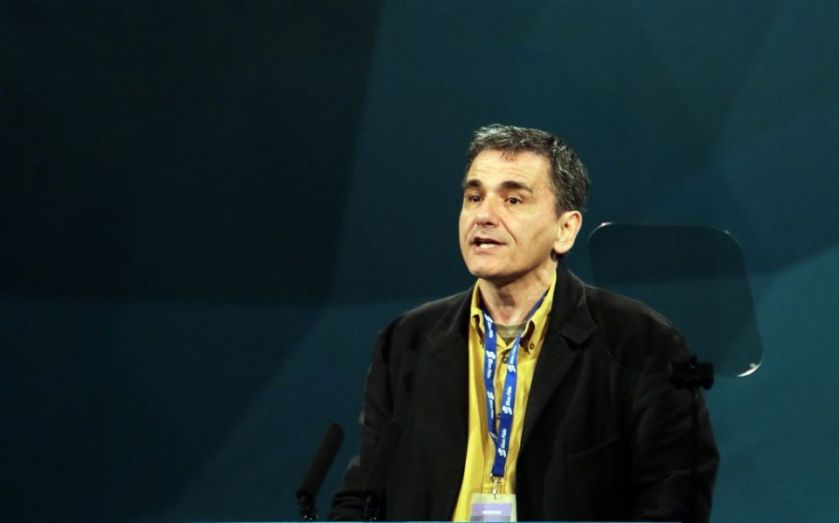Yanis Varoufakis resigns: Here’s everything we know about Euclid Tsakalotos, the Greek golden boy tipped to take over as finance minister

Euclid Tsakalotos has been tipped as the most likely replacement for Yanis Varoufakis, the finance minister who resigned today.
By the time Varoufakis was appointed, he was pretty well known in economics circles – but who is Tsakalotos?
Greece's chief economics spokesman and deputy foreign minister has been described as the country's "secret weapon" in negotiations with its lenders.
He's reportedly a close confidante of Prime Minister Alexis Tsipras. Like his predecessor, who was at University of Texas in Austin before being thrust onto the international stage, his background is largely in academia. And both have held roles at the University of Athens.
Tsakalotos, who speaks with an English accent, studied politics, philosophy and economics at the universities of Oxford, and then Sussex, before completing his PhD in 1989 at Oxford.
He taught at the University of Kent between October 1990 and June 1993, as well as the Athens University of Economics and Business between October 1994 and September 2010.
And he's authored books, including Crucible of Resistance: Greece, the Eurozone and the World Economic Crisis, as well as editing other volumes, and produced a smattering of academic papers like his one on the Greek economic crisis.
Tsakalotos was elected to the Greek Parliament as a member of Syriza in the May 2012 elections.
Here's what he said of Greek reforms in a previous broadcast interview with Lateline in May 2012:
Nobody in the left in Greece suggests that we should go back to the pre-2008 situation. You're quite right, we need to expand a taxable base. We need to have important reforms in the public sector, we might want to make the public sector more public and not be a field for private interests and private gain.
We have a big programme which is not a return to the pre-2008 programme. We were very critical of the model of development that was based on lending and big projects in the pre-2008 period, so you're actually preaching to the converted.
But, on the other hand, we also need a model that has a regulation of the banks, that deals with social inequalities, that deals with regional inequalities – and that is what the Greek left is saying.